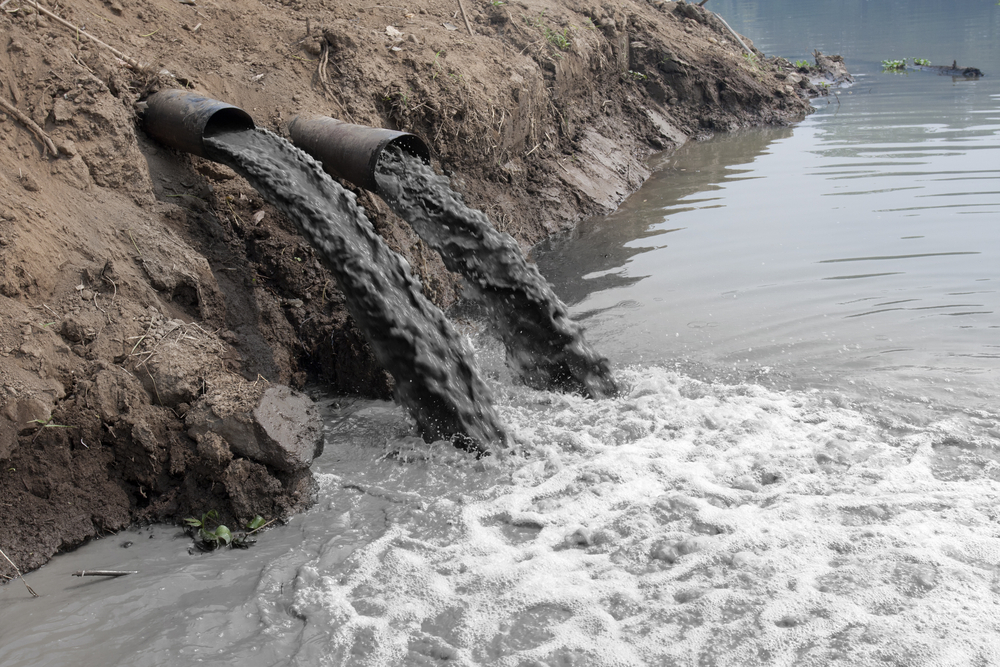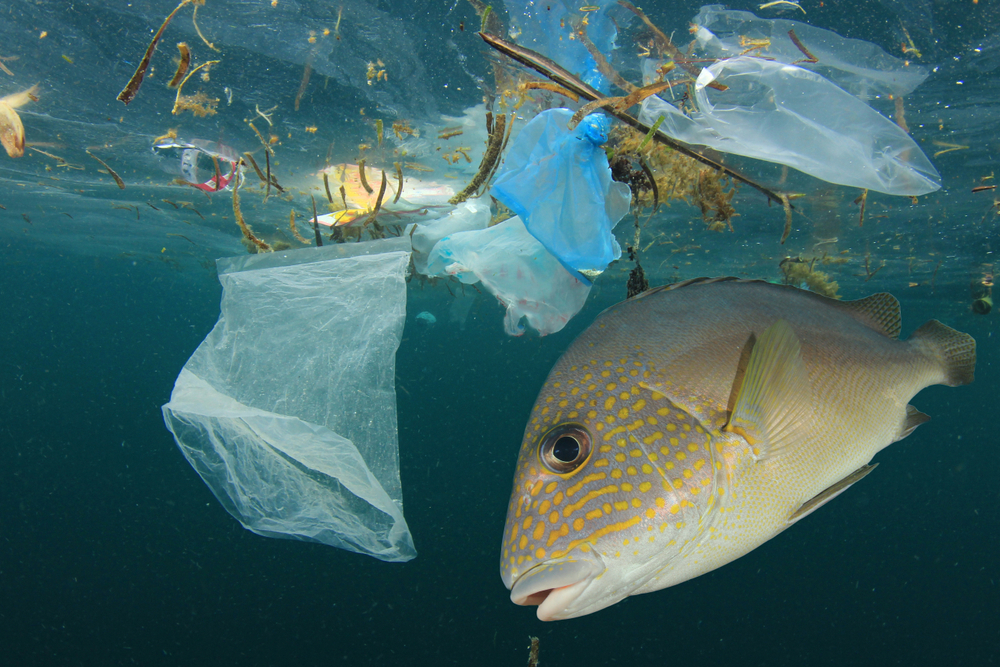
As people living on this planet, it’s all of our responsibilities to learn about what makes the world tick and educate ourselves on how we can keep the sea blue and the grass green. This becomes even more important when you think about all the things that nature provides for us, from food and nutrition to medicine and drugs. In fact, according to WWF’s Living Planet Report, 70% of new medicinal drugs from the past 25 years have come from natural sources. Without looking after nature, we will lose all of those lifesaving materials and substances.
With this in mind, here are some of the slightly less commonly discussed climate issues you should take the time to learn about. These problems will affect all of us, including our children and grandchildren, so let’s work together to turn things around and look after our planet.
Water Pollution
Water is commonly mentioned in the global climate discussion but it’s usually more focused on rising sea levels, rather than just how polluted the world’s waters are. As we produce more and more waste, a lot of it ends up in the rivers and the sea. Sometimes this is due to intentional dumping but often, it’s because of rain and wind transporting waste which has been left or thrown to the side.
From an environmental perspective, water pollution can have a serious impact on local wildlife and disrupt the delicate balance that ecosystems create. Not to mention that seeing a plastic bottle floating in a murky green river looks ugly. This is without mentioning the vast effects of water pollution on people, especially those living in more vulnerable or poor communities which struggle to survive.
Plenty of organisations are advocating for cleaner oceans and cleaner water but the more we can do to help, the quicker we can return things to how they should be.

Declining Animal Populations
Another issue highlighted in the Living Planet Report is how mammal, fish, bird and reptile populations have all seen drastic population decreases over the past few decades. According to WWF, the average size of vertebrate populations has declined by 60% between 1970 and 2014.
At first glance, that is a scary statistic which indicates many animals are going to go extinct if we aren’t careful but it actually means more than that. All of these animals are linked through food chains and ecosystems, which means that if one suffers, they all suffer. We rely on a number of animals to feed the world’s growing population and if they all die, we are likely to find ourselves relying on over–farmed, less nutritional foods to survive.
These are problems that don’t just affect the extremes of society – they affect all of us. Which is why it’s important to do some research and learn what we’re facing.
Plastics
Finally, we have the most obvious issue that you will come across – plastics. We use plastics throughout everyday life from the packaging of our food to the chairs we sit on and even the clothes we wear. What we rarely think about is where all that plastic goes. Yes, we have learnt how to recycle certain plastics and use them again but this isn’t a final solution to plastic waste, it simply extends the material’s lifespan.
Plastic takes around a thousand years to decompose and during that time, it can wreak havoc with local wildlife and contribute to the death of many animal species, not to mention looking awful. The WWF also detailed that 90% of the world’s seabirds are estimated to have fragments of plastic in
their stomach which is mind–blowing. Not to mention the fact that all of us are likely to have microscopic plastics in our bodies too as a result of how our food is packaged. This material that never goes away truly has invaded all of our lives – we should learn all we can to reduce its negative impact.
Aside from just learning about these climate issues, there are a number of ways you can help address the world’s environmental crisis. Giving to charity, doing volunteer work and raising awareness can all make a difference. No matter how small and insignificant each act is, we can all do our little bit to make the world a better place.
Hopefully, this has inspired you to do a little reading and take some steps to look after the planet. After all, it’s the only one we’ve got for now. Good luck!
